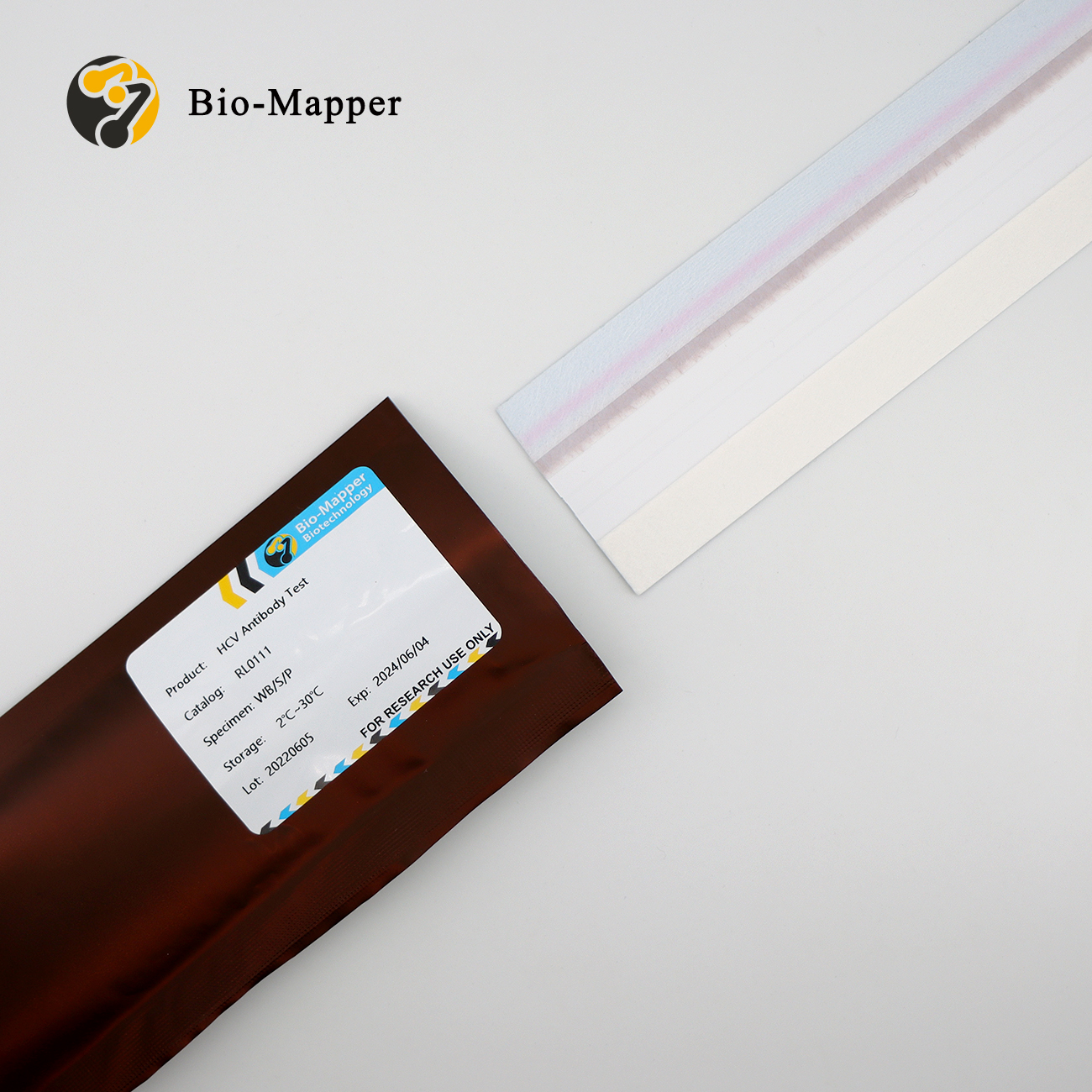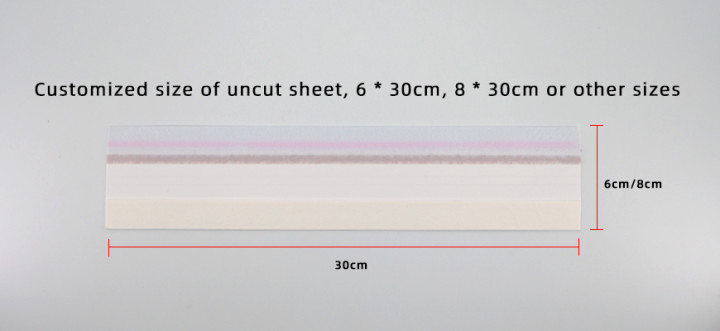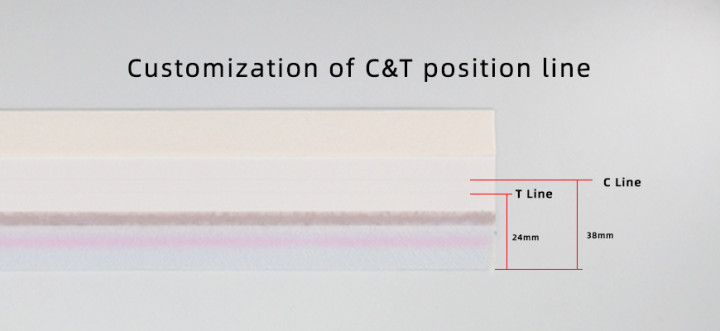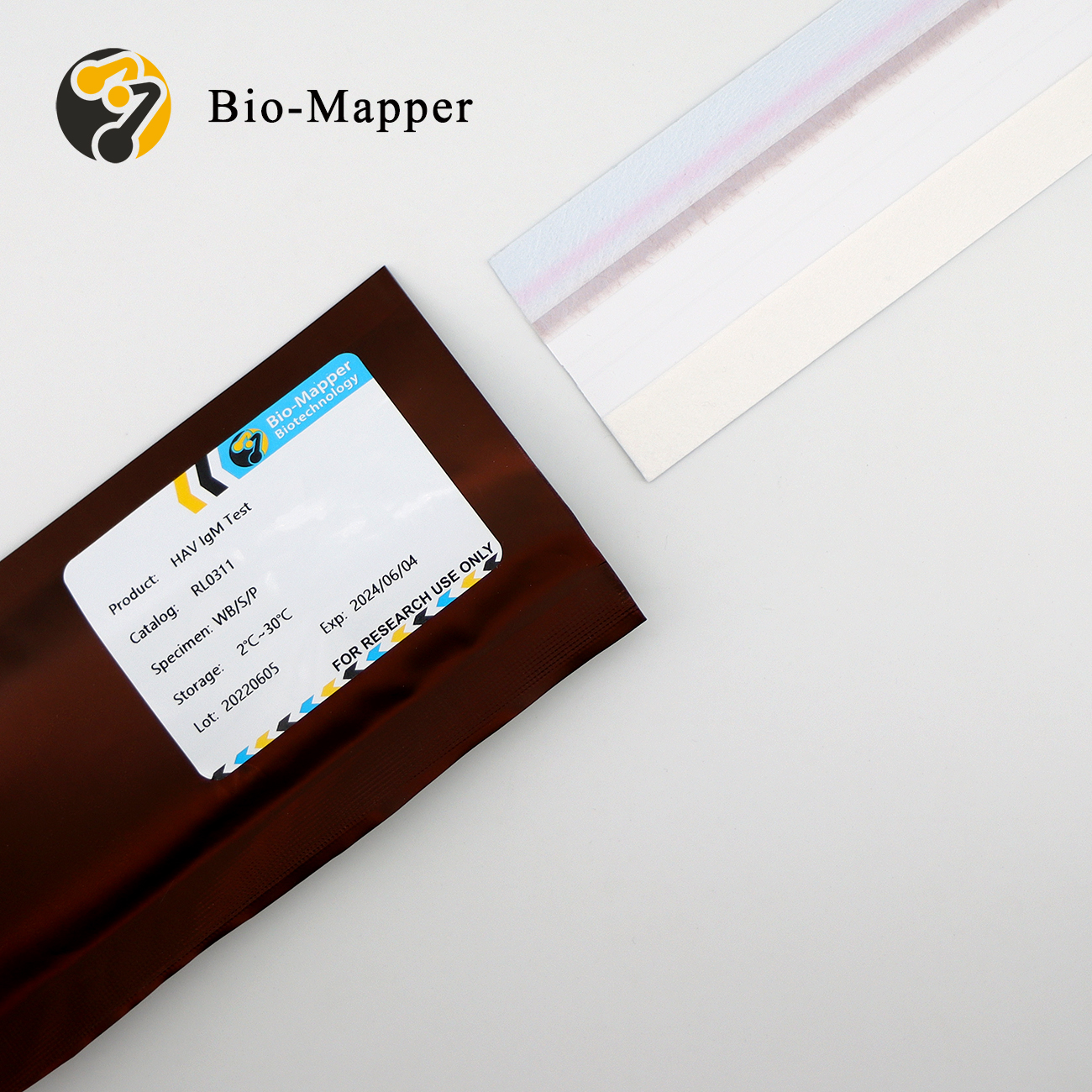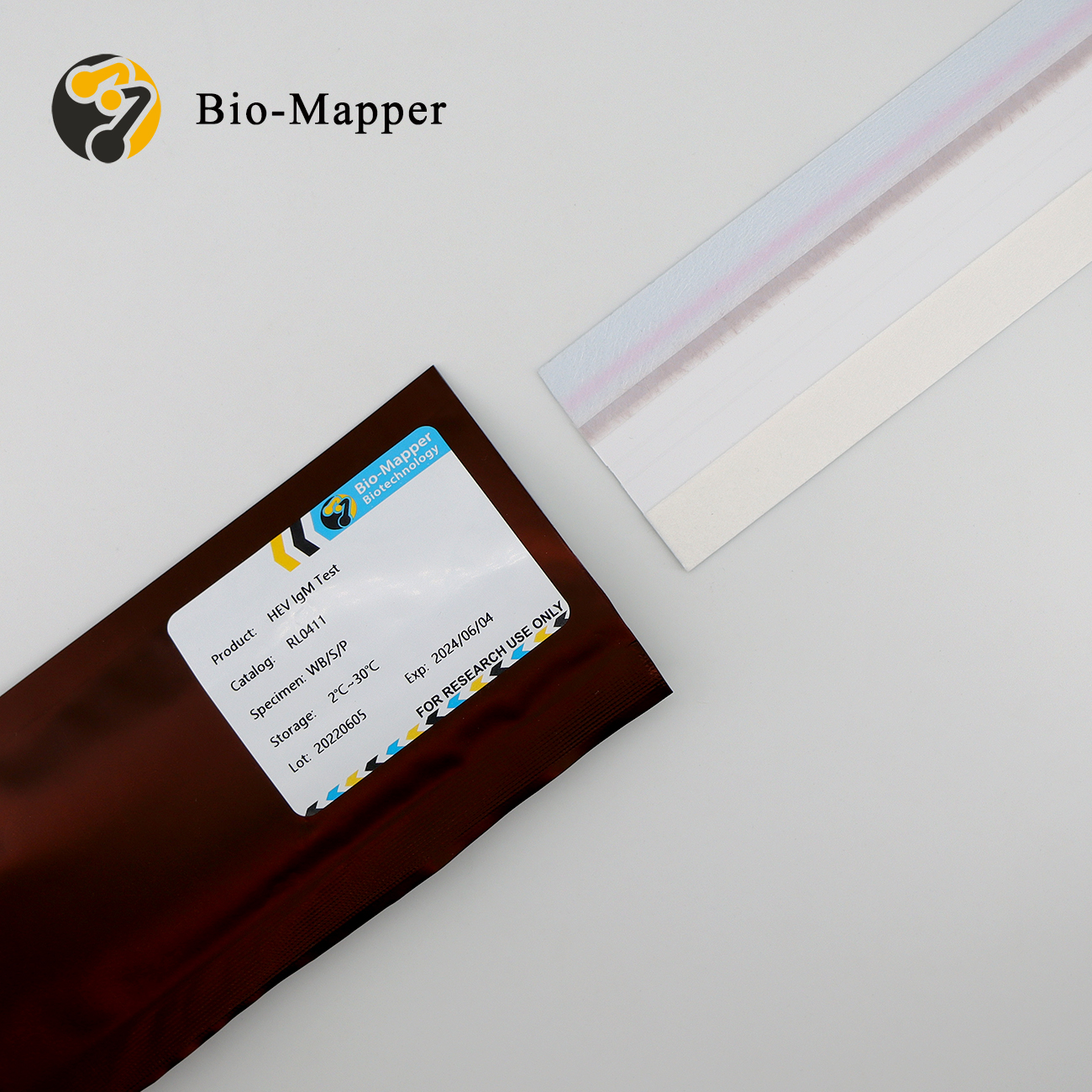Detailed description
Hepatitis C virus (HCV) was once called a non-hepatitis B virus with extratestinal transmission, and was later classified as a genus of hepatitis C virus in the flavivirus family, which is mainly transmitted through blood and body fluids. Hepatitis C virus antibodies (HCV-Ab) are produced as a result of the body’s immune cells responding to hepatitis C virus infection. HCV-Ab test is the most widely used test for hepatitis C epidemiological investigation, clinical screening and diagnosis of hepatitis C patients. Commonly used detection methods include enzyme-linked immunosorbent analysis, agglutination, radioimmunoassay and chemiluminescence immunoassay, composite western blotting and spot immunochromatography assay, among which enzyme-linked immunosorbent assay is the most commonly used method in clinical practice. A positive HCV-Ab is a marker of HCV infection.
